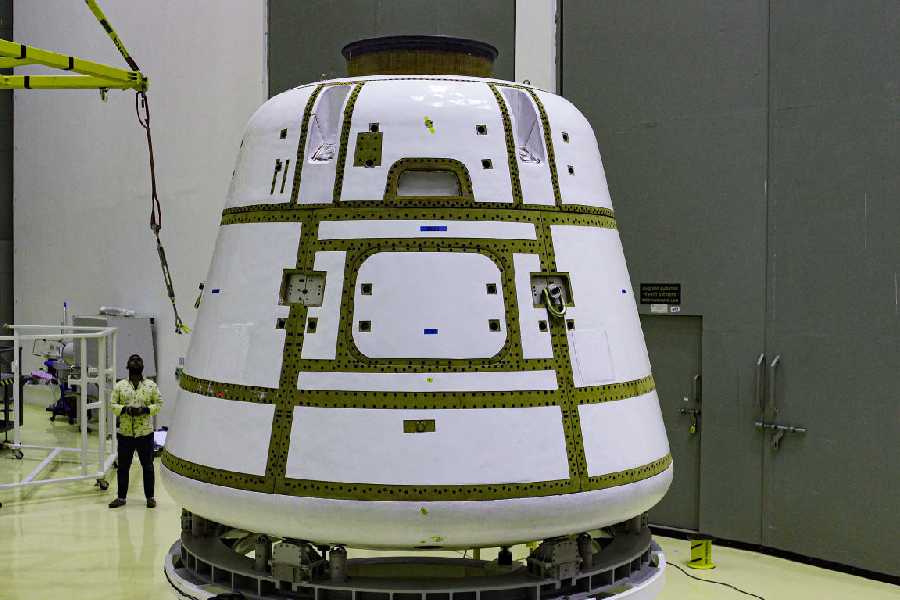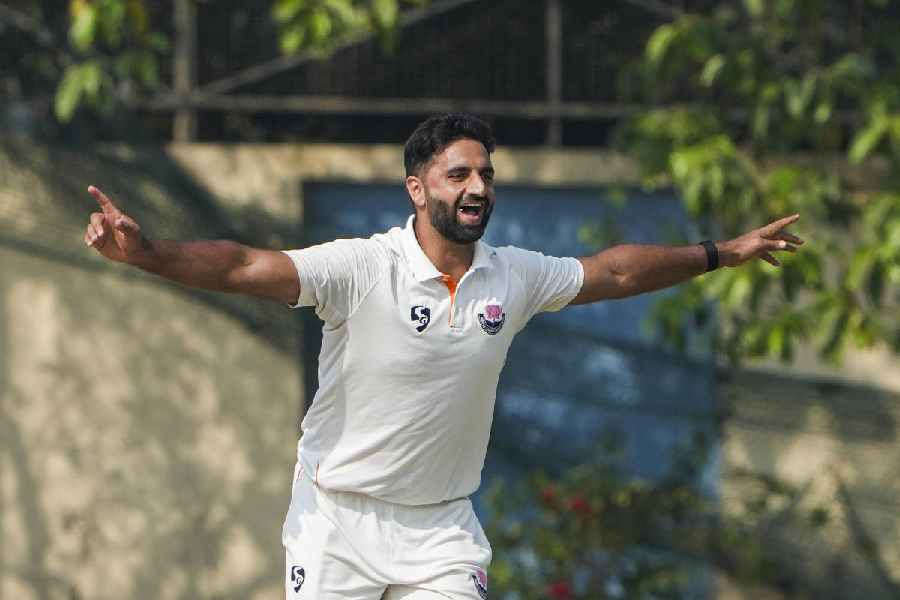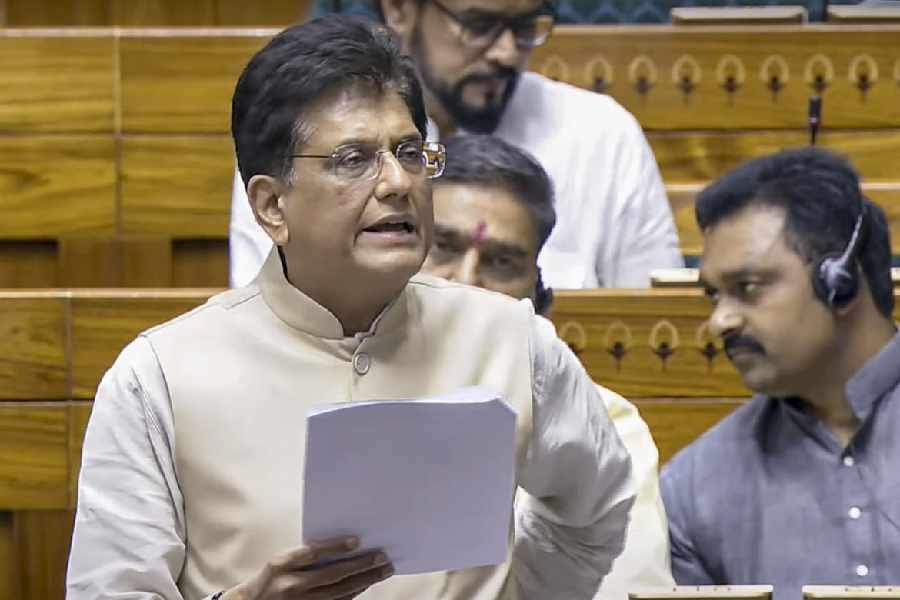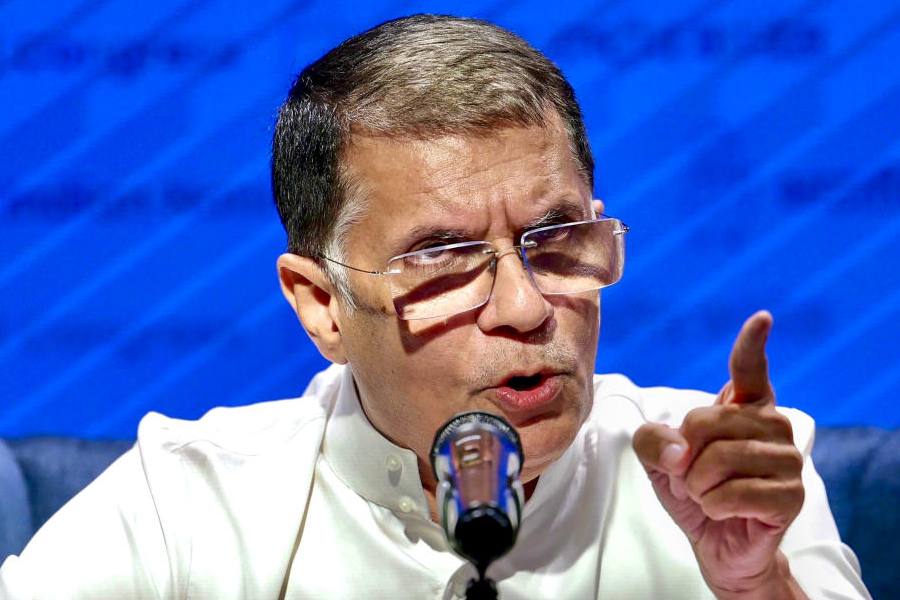India has broadened the scope of its planned human spaceflight programme to six uncrewed flights and two crewed flights by 2028 as precursor missions towards a national space station, Jitendra Singh, the minister of state for the space department, said on Thursday.
The programme, originally planned for two uncrewed flights and one crewed flight, will now aim for eight flights to demonstrate and validate various technologies for human spaceflight and for building and operating the proposed space station, Singh
told Parliament.
The Indian Space Research Organisation (Isro) is working on the human spaceflight programme, called Gaganyaan, which seeks to launch a space capsule with three astronauts into a 400km orbit around Earth and bring them safely back through a splashdown in Indian sea waters.
Singh, replying to a Rajya Sabha question by BJP MP Sumer Singh Solanki, also said the Centre had enhanced the funding for the Gaganyaan programme to ₹20,193 crore to address the requirements of its revised scope. The Centre had originally approved ₹10,000 crore for the programme.
Solanki had asked the government to explain reasons for the delay in the Gaganyaan programme which had envisaged the first crewed flight in 2022. Singh said the Covid-19 pandemic had adversely impacted avionics components production, disrupted supply chains, resulting in irregular supplies of raw materials needed for hardware. Global shortage in the supply of space-grade components also contributed to the delay. Isro has also planned additional validation tests and conducted a major design revision in the capsule, the minister said.
Singh, replying to a question by Congress MP Ranjeet Ranjan, said several private enterprises have taken on key roles in developing technologies for the Gaganyaan programme. They are “contributing enormously” to launch vehicle systems, virtual reality-based training simulators, subsystems of indigenous environment control and life support systems, and critical structures for the simulated and genuine crew modules, he said.










